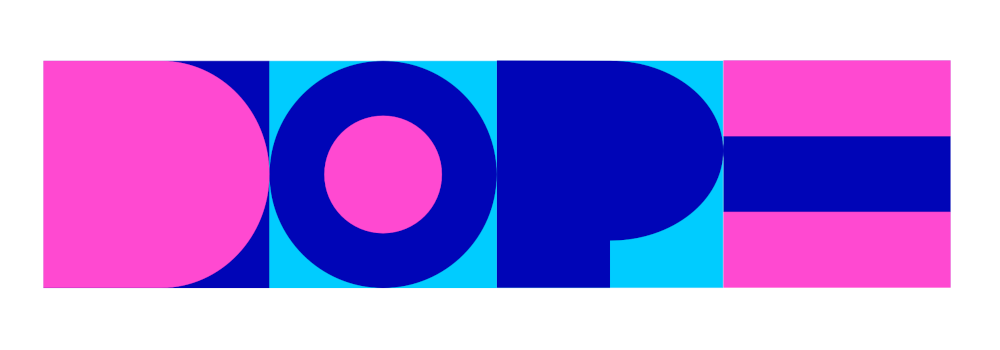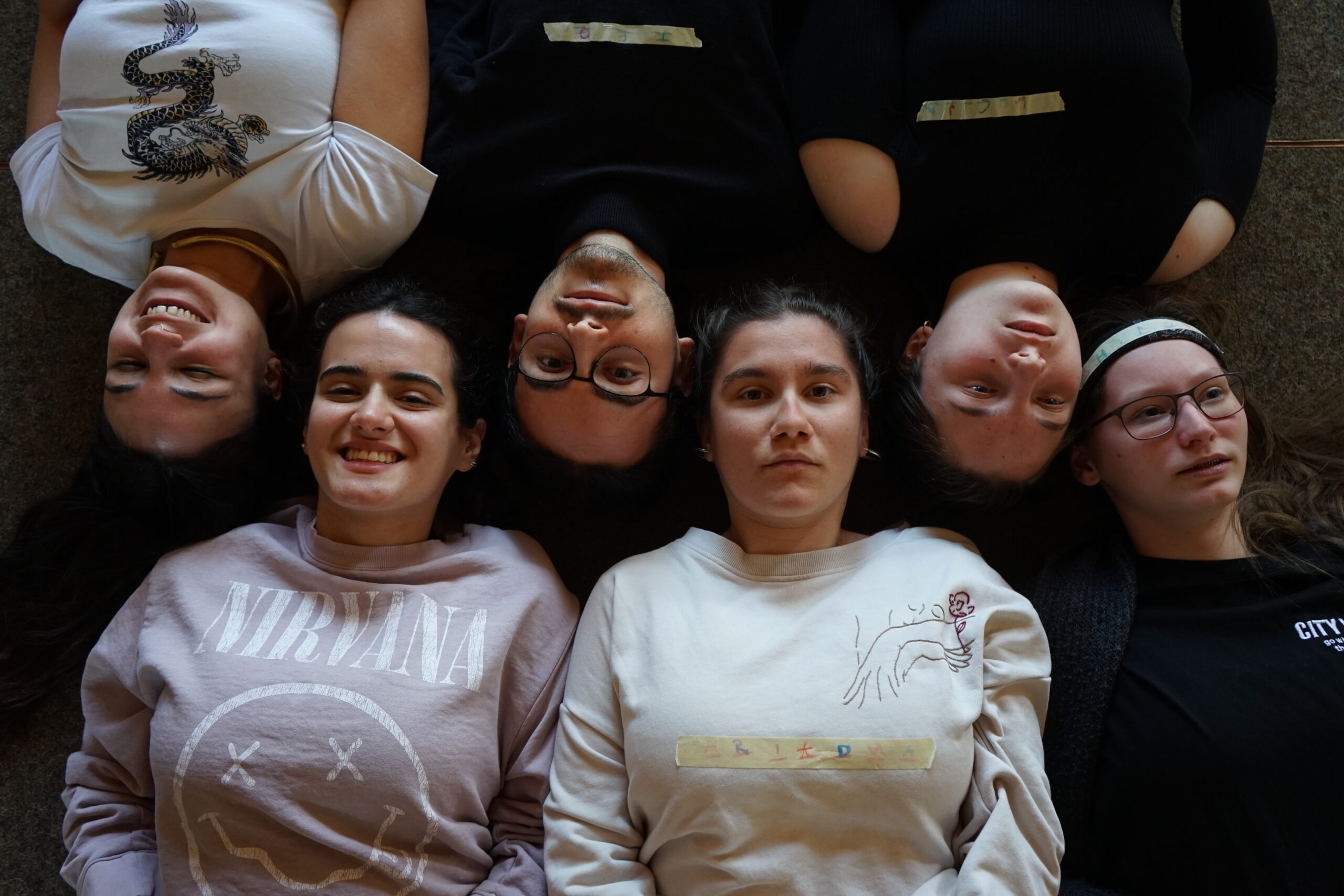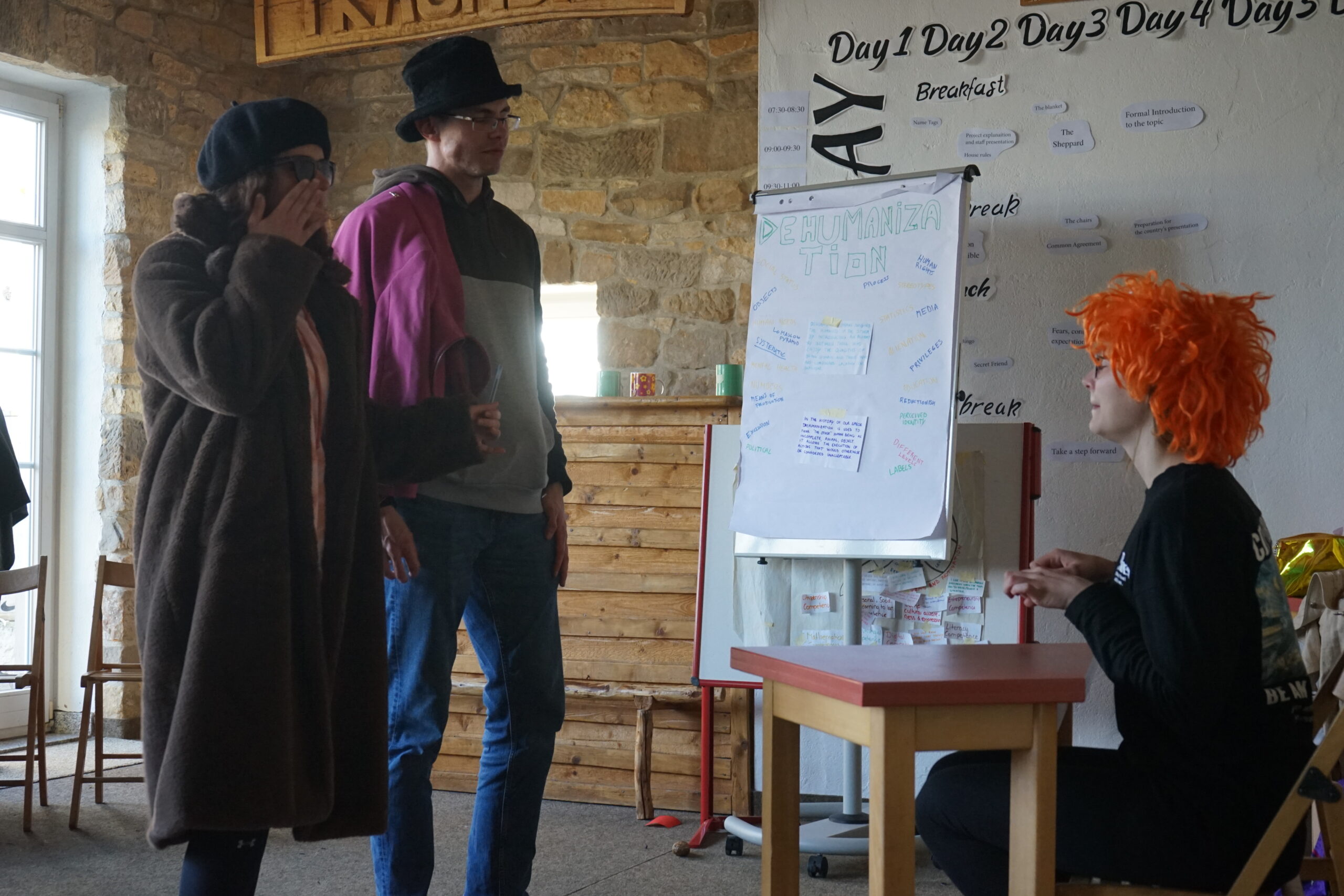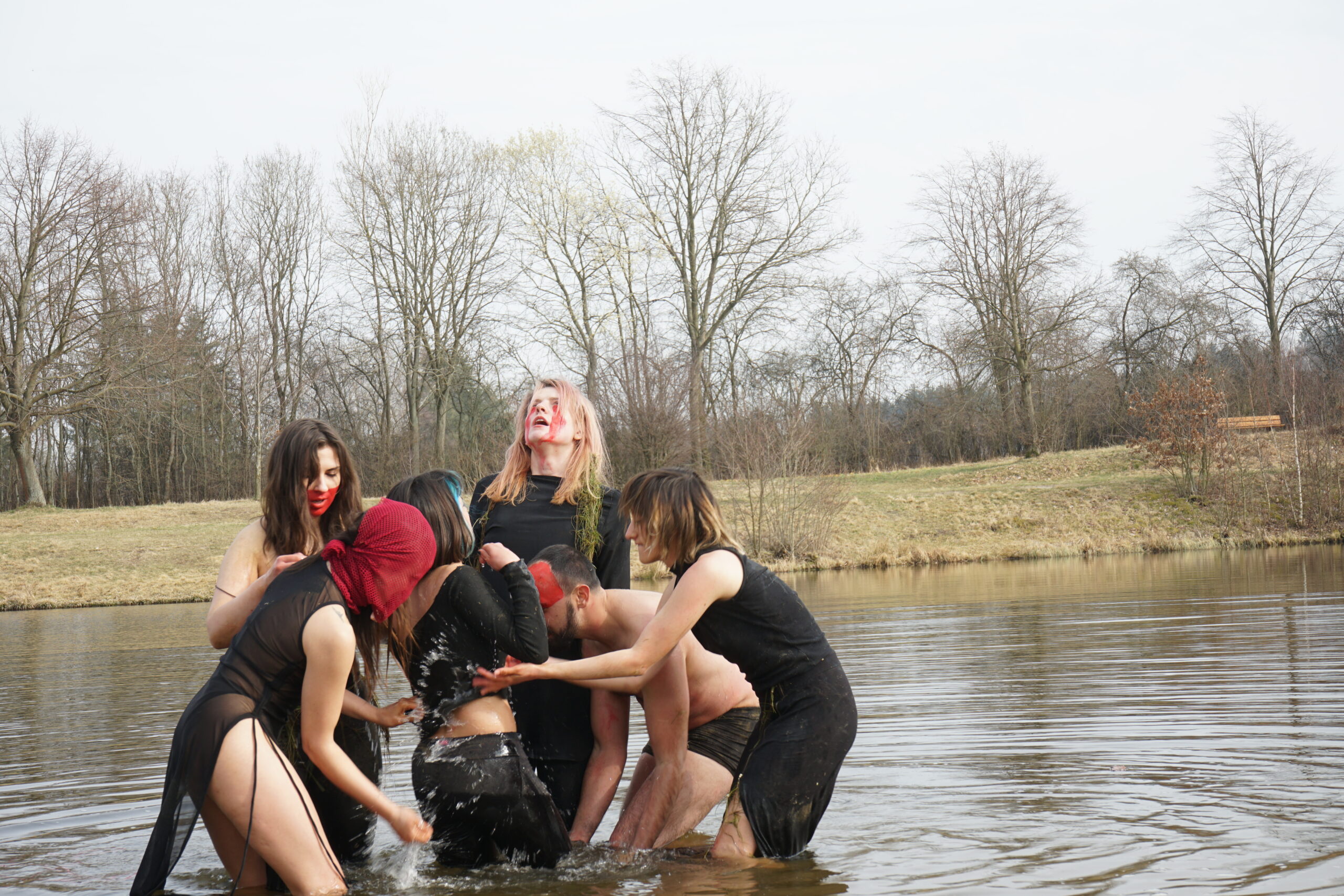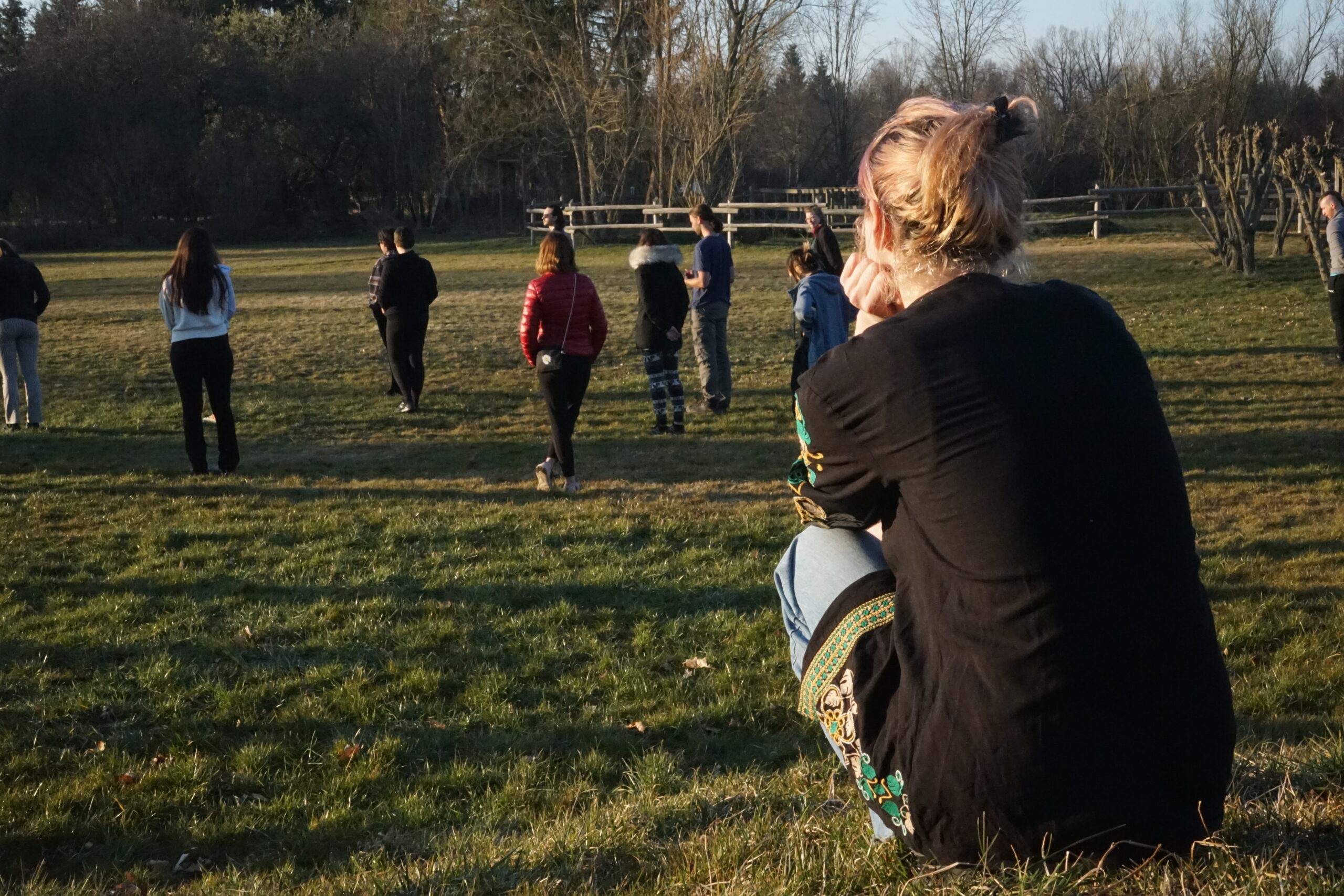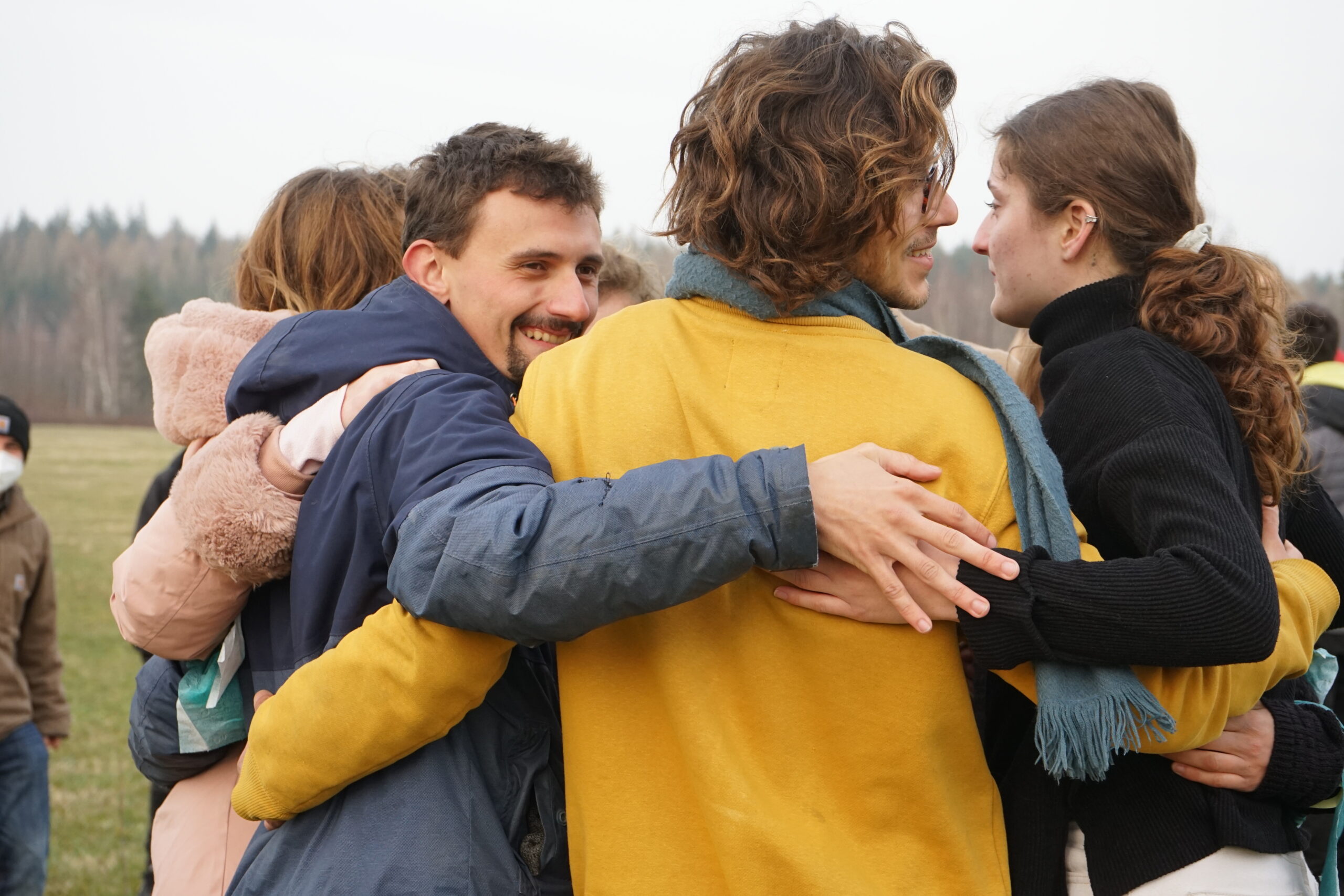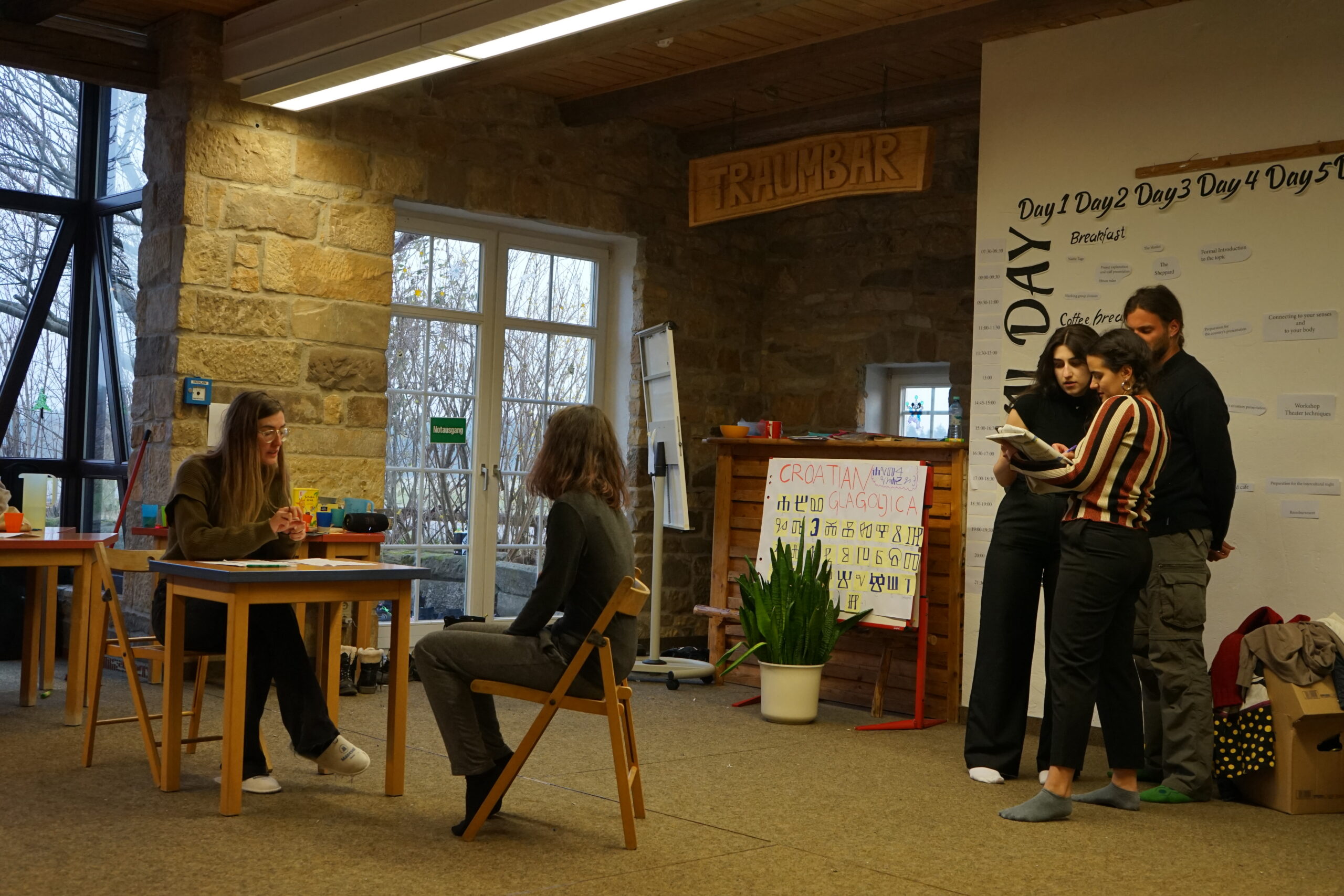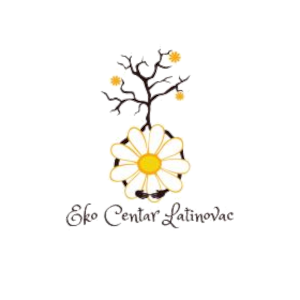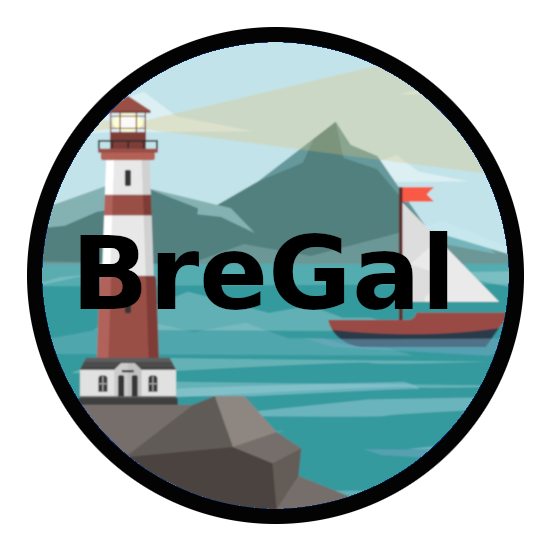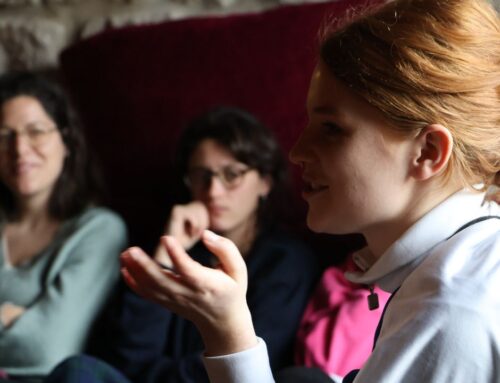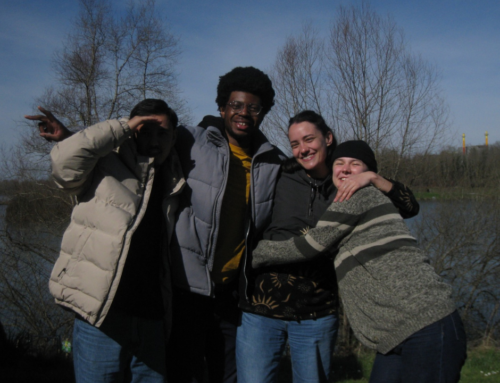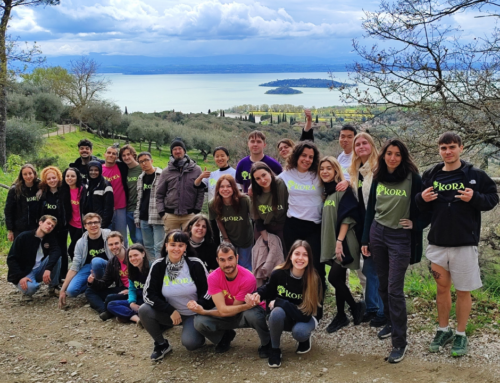The context
Modern Europe is still facing severe forms of dehumanization and ethnic hatred within its borders, not only regarding people migrating from different continents, but also among countries belonging to Europe itself. Attitudes and expressions of dehumanization are internalized by subjects mainly due to the education they receive and the cultural and social pressure that they experience in their environment.
These phenomena lead to a situation where the subjects are desensitized to the consequences of their actions, arriving at the point of considering another human being as unworthy of the same rights and freedoms. Dehumanizing means denying the humanity of the Other by introducing an asymmetry between those who enjoy the qualities of the human and those who are considered lacking or deficient. Dehumanization is multifaceted, multiform, flexible. It adapts itself to places, people and relationships, we can only attempt to recognise the fundamental forms that have developed over the course of history: animalization, demonization, biologization, objectification and mechanization. This situation is causing suffering and fear, drastically diminishing life quality among a generation of young Europeans and it is unacceptable in the prospective vision of developing an inclusive Europe which values difference among its citizens as a powerful driving force for progress.
Fighting dehumanization through theatre
#Act4Change was a 10-day youth exchange that involved 36 participants from 6 different nations: Germany, Serbia, Croatia, Romania, Spain and Italy. The project took place from March 21st 2022 until the 31st in a Youth Hostel in the village of Grillenburg, close to the city of Dresden in Eastern Germany.
The main objective of Act4Change was to use theatre and various creative and non-formal methodologies to provide participants with the tools to recognise and deconstruct the acts of dehumanisation that they witness, experience or produce in their personal lives. Improving participant consciousness on this crucial topic was fundamental in developing a sense of cooperation and understanding with others, shaping their identity and making them more aware of the importance of fighting against the current situation.
Moreover, #A4C taught the participants theatre methodologies and activities that they can use to express themselves and apply to a variety of contexts and situations, working on deconstructing the assimilated stereotypes of ethnic dehumanization potentially present within the participants, in order to present a new narrative contrary to that which they had previously been exposed to.
The results
The project started with the normal getting to know each other and icebreaking activities, typically used in non-formal education contexts. Once the group dynamic was flowing smoothly, the group moved to topic-focused workshops, in which they had time to go deeper into the topic of dehumanization, allowing them to discover more about how this phenomenon affects the different countries involved.
The next days were focused on theatre as an educational method. Participants had the chance of getting some theoretical input and discovering different methodologies and theatre techniques. After this, the group was divided in 5 smaller groups, and they were given time to prepare for their final performances. They were asked to create something original using the techniques that they had learnt and to reflect on the topic discussed and spoken during the project. They counted with the support of DOPE’s staff and other collaborators, and they were provided with different materials to work with. In the end, the five performances we had were as follows:
- Transcendental performance: Group consisting of Mirjana, Marija, Milica, Alberto, Glykeria and Veronica. This group prepared an abstract and provocative performance, in which they symbolically represented different processes of oppression that human beings go through. In particular, they placed a strong emphasis on the oppression suffered by women, and how society replicates these oppressions.
- Cake group: group consisting of Elektra, Miruna, Anastasia, Ariadna, Mirianthi and Katalin. The group gave a powerful performance, focusing on the violence to which women and their bodies are subjected. For this, they made an interactive performance, in which they also involved the group and, using a cake as a metaphor, they invited the audience to reflect on the subject.
- Mental health performance: group formed by Diana, Diogo, Elodie, Clarissa, Lucas, Teo and Vladana. Their performance focused on people affected by mental health problems, and the incomprehension and discrimination to which they are condemned by society.
- Violence and discrimination performance: group consisting of Chiara, Alex, Lucija, Edvard, Sophia and Toni. The performance focused on the story of a character with a difficult past, in a context of poverty and violence, and how social discrimination and latent traumas lead him to a tragic and seemingly inevitable end.
- Social classes performance: group consisting of Hanna, Stefan, Nota, Petra and Natalie. The main theme of the performance was social differences and the discrimination that people from the lower strata of society have to face. It was a powerful performance, which clearly reflected the aporophobia present in our societies, but that ended with a hint of hope and optimism.
